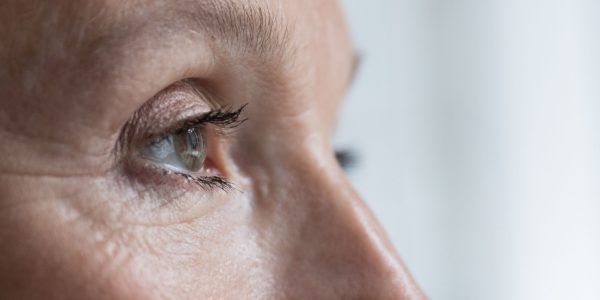
About the Survey
The survey found that nearly two out of three (64 percent) Americans report experiencing vision or eye problems but only one in eight (13 percent) seek medical attention to have their eyes checked. The participants reported having at least one of the following vision issues:
- Blurry vision
- Double vision
- Difficulty seeing at night
- Difficulty reading up close
- Flashes or light
- Red, watery eyes
Why You Should Regularly Have Your Eyes Checked
Blurry vision, double vision and other vision problems can be signs of a serious eye condition. Seeking treatment during the early stages of an eye condition can help prevent it from worsening and potentially prolong your vision and eye health.
“Just like graying hair, weakening hips and slowing metabolism, our eyes are impacted by age, usually starting around age 40,” said Rebecca J. Taylor, M.D., a clinical spokesperson for the AAO. “Many adults around this age begin taking steps such as eating a healthier diet and increasing exercise to prevent their risk of heart disease, cancer, diabetes and other issues. Having regular exams to prevent potentially blinding eye disease should also be part of this overall health maintenance plan.”
The AAO recommends that healthy adults with no history of chronic conditions and diseases get a baseline eye exam at age 40. Individuals with chronic conditions such as diabetes may need more frequent exams. Individuals 65 and older should have their eyes examined to check for age-related eye diseases like cataracts, macular degeneration and glaucoma.
Schedule a Consultation with Optima Eye
Optima Eye offers several vision correction procedures including LASIK, as well as treatment for cataracts, keratoconus and dry eye. To learn more about the services we offer, please call 877-210-2020 ext. 3.



